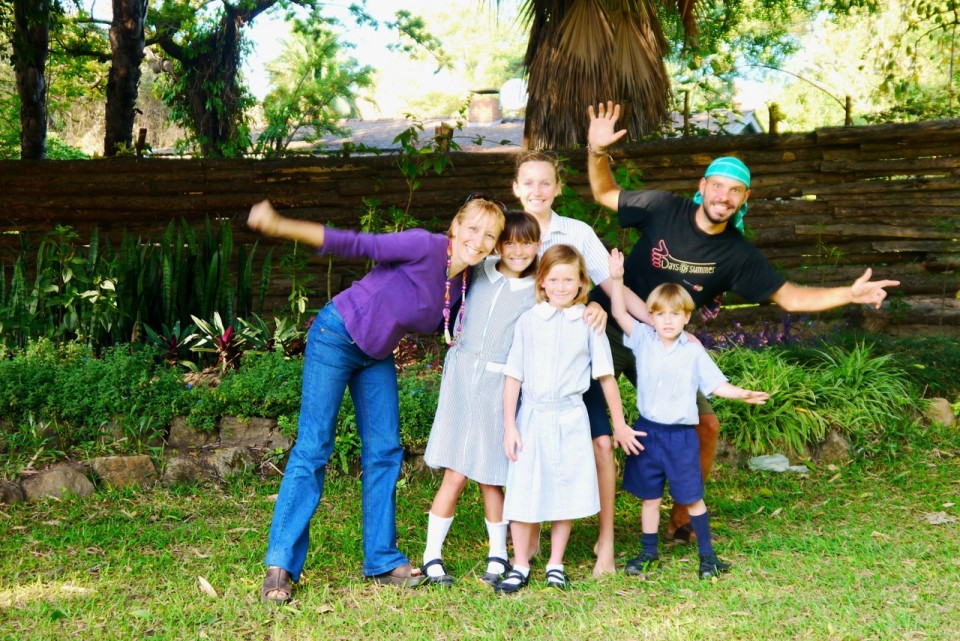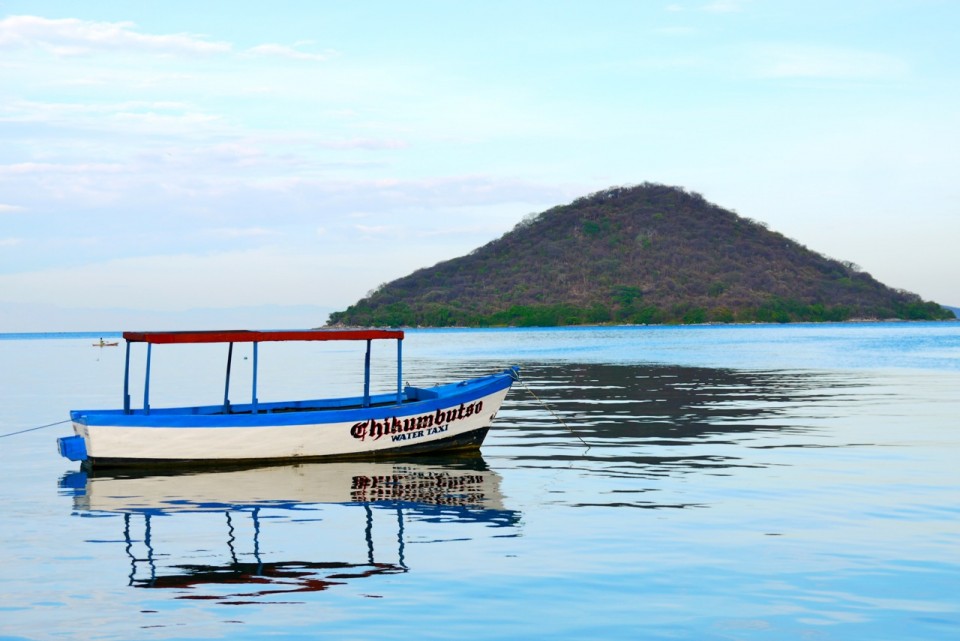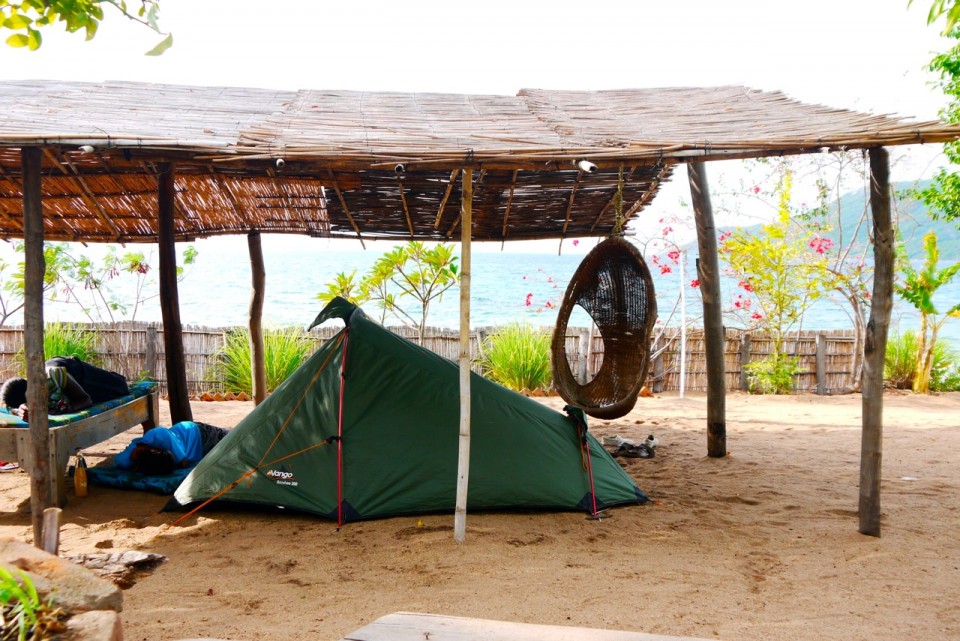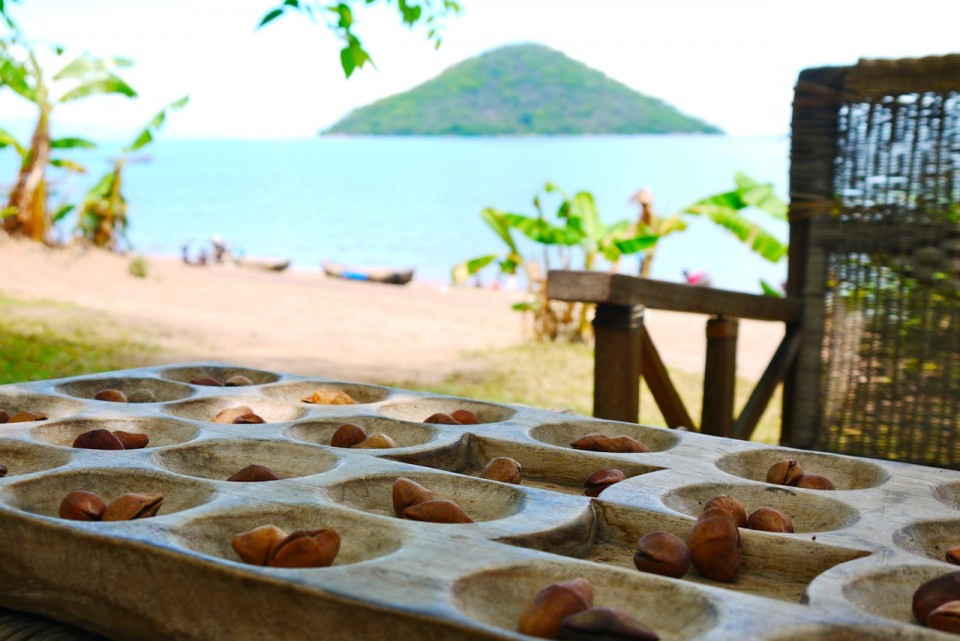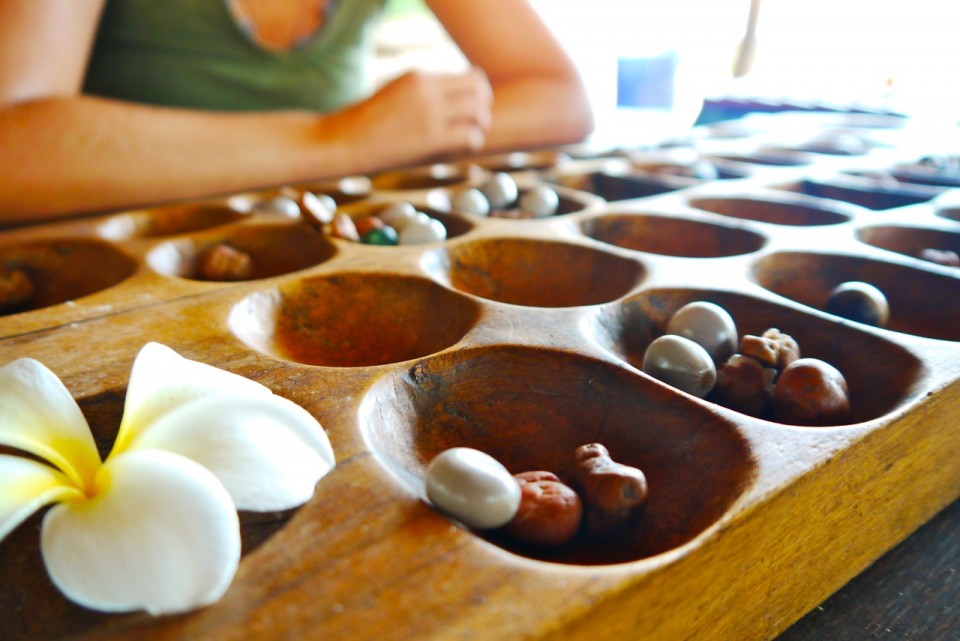While crossing the no-man’s land, a man offered me a big spliff with a dried medicinal plant in it. He said that it helped with many health difficulties, from chronic pain to depression and that it even could help with curing cancer. Since I hadn’t been diagnosed with any disease I refused his offer and entered Malawi. However, as I gave it some thought a bit later, I may have had some signs of depression. I will have to explore that medicine a bit more.
The beginning of my socializing with Malawi was quite intense. The first person I met upon my crossing the border was – crazy. Normally I love crazy people, but this one was violent and wayward. He practically forced me into the van that was driving to Blantyre, my next destination; he sat next to me talking me about the price I had to pay for the ticket. Since only a few minutes before I asked the customs officers about the fair price of the transportation, I knew that it should be half the amount he’d told me (you should always ask about the prices someone who is neutral and who cannot make a profit from you!); I thanked the Crazy One and started leaving the van. There were some people around who immediately understood what was happening so they kicked the Crazy One from the van, apologized to me so I paid a reasonable price for the transportation to the town that was some 100 kilometers away.
The roads were great, especially when compared to those in Mozambique. People were fluent in English, especially when compared to those in Mozambique. The prices were low, especially when compared to those in Mozambique. You get the point. Almost immediately I grew to like Malawi. The level of likeness grew noticeably as soon as I arrived to Blantyre and met my hostess, Demelza.
Demelza was also crazy, but it was the most beautiful way. A mother of 6 (two of whom are adopted) – she’d spent most of her life on the road: she’d survived plane crash, she’d been shot on in Congo, for a while she’d lived with the Pygmies…all sorts of things. Even if you put aside all those adventurous things she’d been through you could see what a wonderful person she is, always ready to give you a hand: even when I broke down a glass table that I did try to fix her reaction was: Don’t feel guilty. Life is too short to waste it on such feelings.
As usual I didn’t feel like sightseeing and I wasn’t sure if there was anything to see so I spent the following few days with Demelza and her three young daughters who were, just like their mother, curious, social and smart. We took a bath in the pool, played board games, sang and played the guitar, watched a school competition in swimming, went to the market where we had to defend ourselves from the locals who wanted to help you by carrying your bags, but also, they would tell you the prices much higher than they actually were as they would get a certain fee.
I wished that I’d been black while I was in Africa. The division was more than obvious, and the only place where you could feel as one of the guys was when you were with the other people of your own race, or at least with the people who spoke your language. This way, wherever you go you did cause a reaction. Even if it was the most positive reaction possible, still it was a reaction after which you realized that you didn’t belong there. The same African story, all over again.
With that in mind I went on! The next destination – Cape Maclear, as my hosts suggested me. It was untypical of me to visit such a place: Cape Maclear is one of the most frequent tourist places in Malawi and there wasn’t a single trace of CouchSurfers. Still, maybe in that case a minus (country, but also a continent where I didn’t feel quite comfortable) and a minus (a popular tourist destination) would give plus.
The moment I got there I knew it. Cape Maclear was my new home. The first African home.
I went to Malambe (following the recommendations of my hosts), the cheapest lodge and paid for the cheapest type of accommodation – sleeping in your own tent: for an undetermined amount of time.
The days were passing by, but I didn’t. I found a home in a wonderful place at just a few metres of distance from the lake. Also, I met some fellow passengers: Tony had been travelling through Africa for a year and a half so he came back to his favorite place on the continent in order to consider his next move. Having heard my stories about Australia the decision was made: he would go there as soon as recovered from malaria (it was his second time that he was suffering from it).
Given the fact that Tony was sleeping just a few meters away I started considering the possibility of taking some pills against malaria. Even though there was no medicine that could guarantee that you wouldn’t get malaria, they could ease some of the symptoms. This is why, for the first time in Africa I decided to take doxycycline. After a few weeks I noticed that my body was burning after only a couple of minutes in sun (one of the side effects) so I stopped taking the medicine. After all, malaria wasn’t the worst thing that could happen to you in Africa. Yes, people do die from it, but simply because they can’t afford the medicine. I, the rich white tourists could afford it (it cost a few euros, just for the record).
In order to pay me back for the Australian inspiration Tony took me under his wing and taught me how to play Bao. Bao is a game played by locals all over Eastern Africa. You needed a wooden board with 32 holes and 64 rocks or something like that. As I saw locals all over the village playing it I was destined to master the game: everything to make myself feel more local; or simply to kill some time.
A few matches after I finally began to get how it functioned. Although, at first, it seemed awfully complicated the whole game was, in fact, pure mathematics. I played it with Tony all the time. When Tony left for Australia I found Sabine and Jeroen, a Dutch couple who on its journey around the world was at the moment located in the same place as I was and they were planning to stay there for at least another week. Since we were the only guest in the Malambe camp we were able to enjoy the peace and quiet. And bao, of course.
Our Zen was interrupted every now and then by all sorts of tricksters; there are lots of them in Cape Maclear. Beach boys who try to sell you all sorts of things: bracelets, necklaces, boat trips to the nearby islands, dried medical plants from the beginning of my Malawi story; locals who tell you their sad life stories expecting you to help them…
Even though it’s hard to ignore all those stories it’s obvious that any kind of help from your side will mean two things: first, the person you’ve helped that night will go to a bar and get drunk, and second the next day there will be a queue of people wanting you to help them.
There are also other kinds of people, who, actually, do nothing, but for a certain commission fee they will get you anything you need. Finally, there are also local kid’s bands who using improvised instruments perform Malawian versions of hits like Waka Waka and Who Let The Dogs Out. The kids are cute, doing their best, playing and singing, being creative, so, like any normal person would do, you give them a reward: food, money, anything. So you’re happy that you’ve helped a poor kid and made him happy.
But the only thing you’ve done is that you’ve helped yourself and that you’ve done more harm than good. The only problem is that you will only find it out a bit later.
One afternoon, while I was playing Bao with Jeroen, I met Moses. He was sitting a table next to us and sipping his beer. Since it was a imported beer it was the first sign that the man wasn’t like all the other locals – locals always drank local beer in a carton which needs to be shaken before you drink it.
Moses was quiet and kept low-profile. Mysterious. Calm. He reminded me of Kareem Said from the TV series Oz.
Since Jeroen and me kept on taking the medicine for the depression, we talked about the sense of life, Moses joined in the conversation briefly offering us a bit of his wisdom all the while sipping the beer. Another thing which showed us that there was something “wrong” with him…locals, once they start talking to you, won’t leave you alone that easily. Moses did. A bit later, when he finished his beer, he studied some of our bao moves, put a smile on his face and told us to get back to him when we reach the pro level because he would only play with the professionals. Before he was able to spot the look we gave him while trying to figure out how serious he was he walked out and carried on with his day.
We ran into each other, under the same circumstances. In the meantime Jeroen and me worked on our bao skills preparing ourselves to challenge a local on a match.
When we weren’t playing bao we would wander through the village, take a swim in the lake, fool around with the weekend guests, play volleyball. However, every day was started and finished with a match of bao.
Then, Sabine and Jeroen left leaving me alone at the usual table, waiting for someone to sit at the other side of the table and play a game with me. And the first person to do it was – Moses. He was just like I’d imagined him: calm, quiet and ready to teach me the game he’d been playing since he’d been a child. I, abandoned by all friends, accepted him as a new friend.
He showed me the moves, tactics: we spent hours and hours together – we played bao and talked about everything. We talked about the life in Croatia, life in Malawi, life in Cape Maclear. He even taught me, an expert in tourism, some things. The first thing he said about the tourism in Cape Maclear was a bit surprising – Sometimes I regret that tourism has arrived here.
In order to explain his words he gave me an example.
You know those kids playing on improvised instruments and with their cute performances of Western songs entertain the tourists and make some money? Well, the tourists and the money they get from them are the reason why they don’t want to go to school, which is understandable. Why would you go to school and spend ten years of your life and, only if you’re lucky you’ll get a job and probably make a lot less money than they make playing on the beach.
I didn’t know what to say. While taking the rocks from the board I simply thought about all those moments I’d tried to help someone. Was I really helping those people? Or did I only help myself since the very act of helping someone made me happy? The road to heaven is bricked with good intentions.
Also, we talked about other segments of tourism, such as beach boys who make their living by persecuting tourists on the beaches. Sometimes they got a bit too annoying and just wouldn’t leave you alone. They were well organized: they were divided in ten groups each of them consisting of ten people. Since there were only ten places where you could stay in Cape Maclear they would rotate every week and do their business on different locations. A well-trained job.
They even had their price list which, after a few weeks/days spent in CM, seemed ridiculous: you knew the real prices of the services/products and some of their prices were ten fold higher. That is another important thing in Africa – bargaining. It wasn’t my first time that I was in a country where bargaining was a normal part of trade, but the thing that truly surprised me was the opening price with which the whole game begins. For instance, in Asia it is normal to expect a price higher by 50 or even 100%, in Africa the people were totally shameless. With no shame whatsoever they will try to sell you something for 1000 money, while, in reality, the thing is worth only 50 or 100.
I immediately remembered a lesson Tony had taught me – when you’re estimating the value of a certain thing take two things into consideration: the price of the raw material and the amount of time it takes to make that thing. So, when you take into consideration the situation in the economy and an average Malawian salary it’s not that difficult to conclude what a fair price of a product would be.
However, after all, the biggest problem is that the money earned in tourism gets invested in wrong things; mostly alcohol and prostitution. That is the main reason why 99% of the population isn’t that fond of tourism: it does them more harm than good. Still, like in any other part of the world, nobody cares about their opinion.
Sounds familiar?
